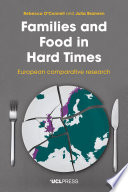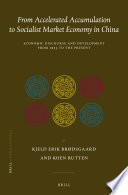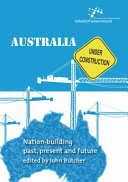Author
Jonathan Pugh ; David Chandler
Year
2021
Publisher
University of Westminster Press
Language
English
Last Update
22-Feb-2026
Keywords
Philosophy ; Biological Sciences ; Sociology
Many Anthropocene scholars provide us with the key take-home message that they are writing ‘after the end of the world’ (Morton, 2013; Tsing, 2015; Danowski and Viveiros de Castro, 2016; Watts, 2018; and Gumbs, 2018 are just some examples). Not because they are necessarily writing about apocalypse, but because they are engaging the Anthropocene after the profound crisis of faith in Western modernity that has swept across academia in recent decades. For these contemporary thinkers, artists, activists, poets, policymakers, and many others besides, modern frameworks of reasoning which claimed to separate out humans from nature – to be able to...
Related
See More
Families and Food in Hard Times

From Accelerated Accumulation to Socialist Market Economy in China

Australia Under Construction, Nation-building past; present and future

Contesting Austerity

First Ladies and the Press

Deutsche Finanzwissenschaft zwischen 1918 und 1939.